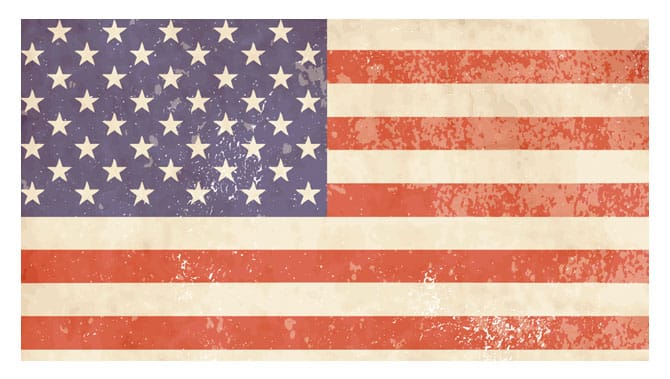
I still remember the day I arrived in this country. It was August 21, 2015. I will never forget it.
The 25-hour flight didn’t wear me down or refrain me from being melodramatic. As soon as my feet touched the ground, I told myself, I’m finally here, in the country I have always fantasized about. What happened to Rachel and Monica from Friends will finally happen to me. As I daydreamed about my life and my future, I went through the custom. This officer asked me, “How are you?” I choked, and contemplated for about 5 seconds trying to think of a way to synthesize the explosion of emotions in my head, but right before I opened my mouth, the officer said, “Show me your I-20 form.” Huh. Ok. But I silently asked in my head, don’t you want to know how I was?
That was the first culture shock I had.
It took me a while to realize that “how are you” is just a greeting and people just answer it with “I’m good” or “I’m ok”, which I think is a ridiculous way of asking this question, but it was just the beginning of thousands of culture shocks to come. It got worse when I had no idea how to order food because the menus in the restaurants are more difficult to read than our readings. I didn’t understand any Mean Girl references in daily conversations. I went from a place where quietness is almost always expected to a place where silence is considered as horrendous and awkward. I looked at the buzzword “diversity” and wondered how I, as an international Asian student fit in there. I strived for inclusion, but somehow still feel like an outsider. I found myself standing in this weird place, in between two cultures, not knowing how to fit into one, or fall back into the other.
But life had to move on, so I persevered, by pretending that everything was fine. I nodded along in conversations even though I didn’t understand a single thing people say. I learned to always say “I’m good” in the worst situations. I put on a smile to shield my feelings to an extent that it has become a reflex because I felt like I had to present myself in a way so that people would like me. When I got home, I was always tired, tired of pretending. It is very unhealthy to wear this mask of perfection all the time, and I was very depressed from pretending every day even though I was not aware of my mild depression.
Then one day, something happened. I was brushing my teeth with a glass of water in my hand. The glass broke suddenly, and my hand got injured. Wearing a gauze for this injury for two weeks was horrible. Not only was it extremely inconvenient, it also destroyed the seemingly perfect image I put on. But the interesting thing was that because of this gauze, people stopped asking me “how are you” anymore. They asked, “What happened?” or “What’s going on?” because I was obviously not fine. It would be a lie if I said, “I’m good”. It was ironic though because so many of my most valuable friendship and connections came out of that injury. Here in America, people start to care when they see the vulnerable side of you. And that’s when it hit me, that being imperfect and being vulnerable is not necessarily a bad thing to have. As soon as I had that epiphany, it’s like a big rock in my heart finally dropped. I stopped worrying too much about what expectations others or I have for myself. I began to just be myself and learn to love myself. I checked in with myself more often, slowly getting more familiar with my own mental state and emotional capacity, and coming to appreciate the power of self-care.

So if you are reading this story, I want to tell you, that the road ahead might be overwhelming, but please remember, take care of yourself first wherever you will be.


